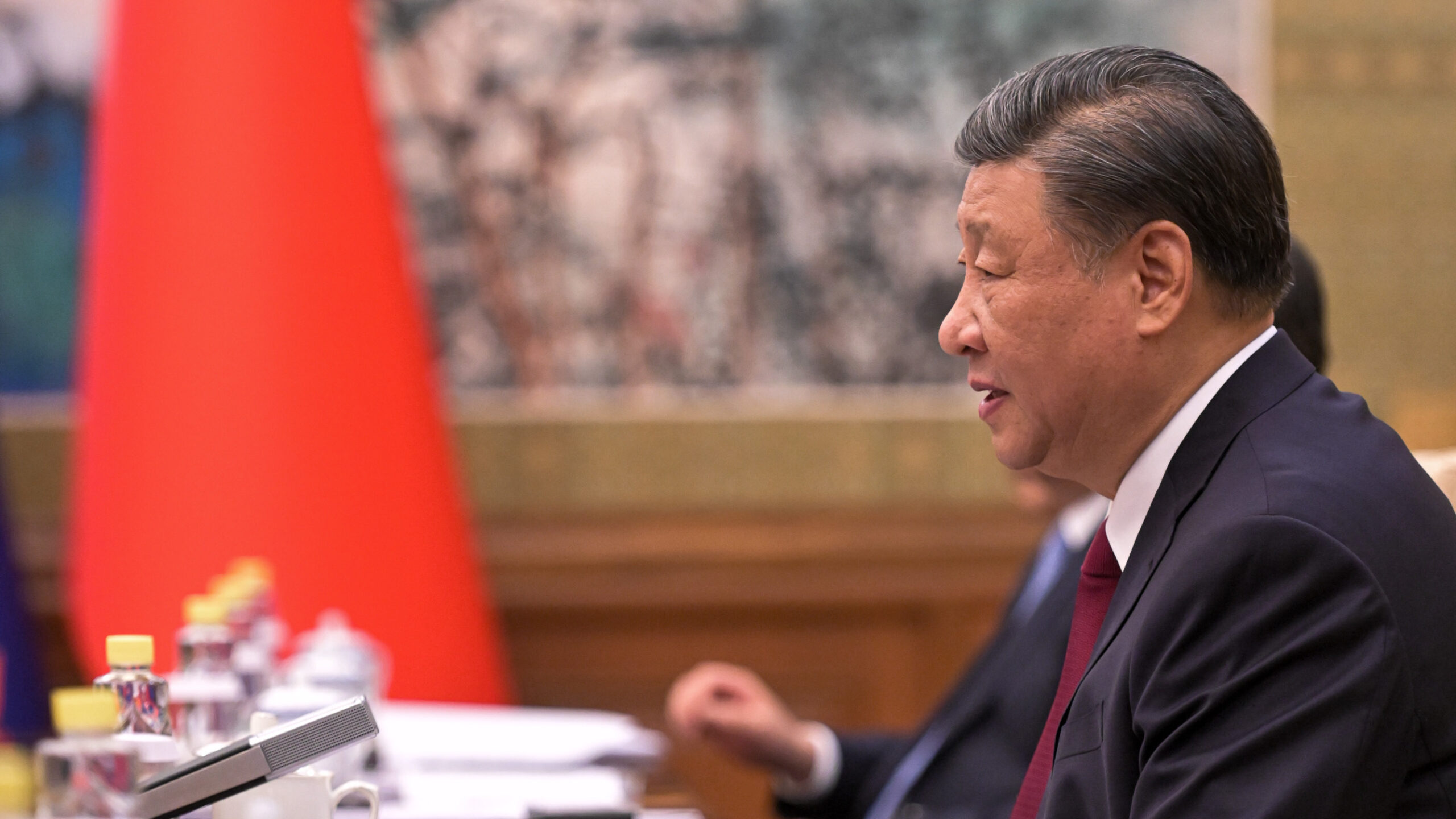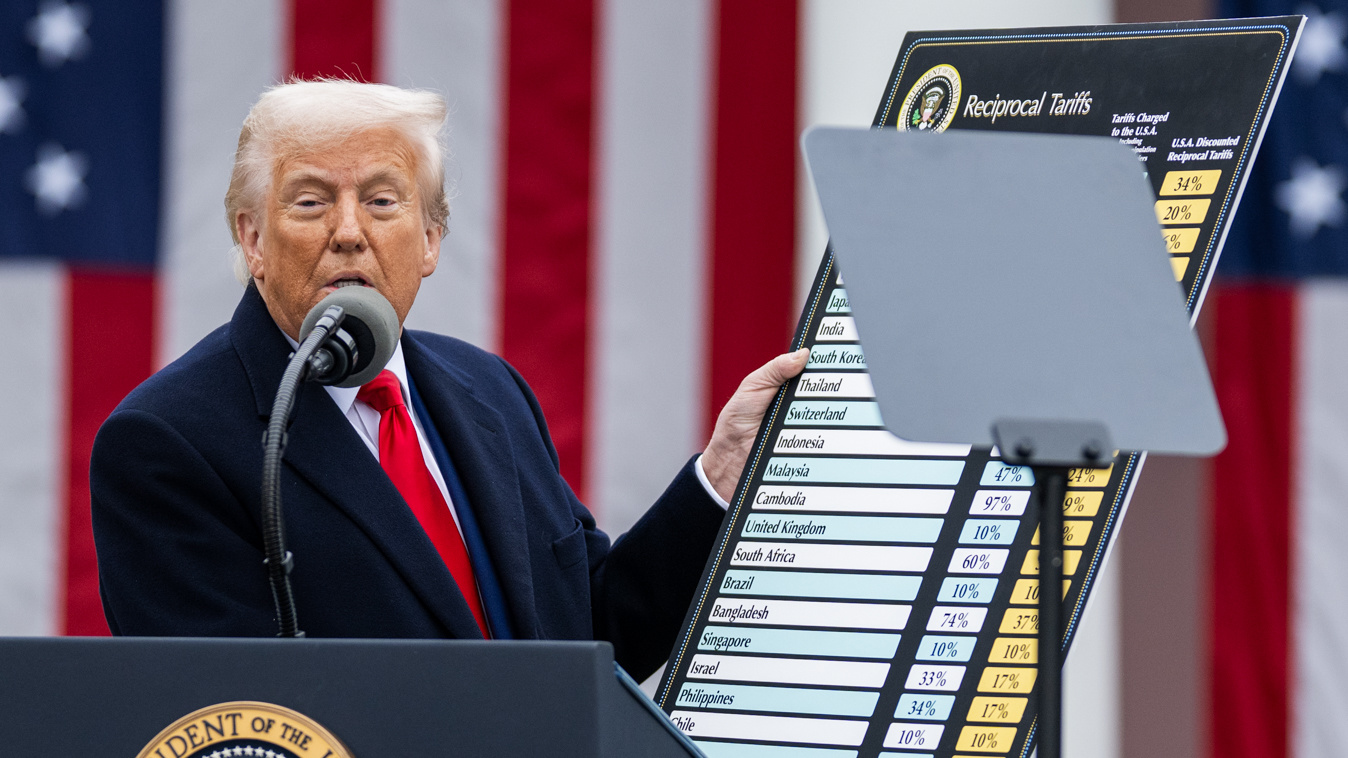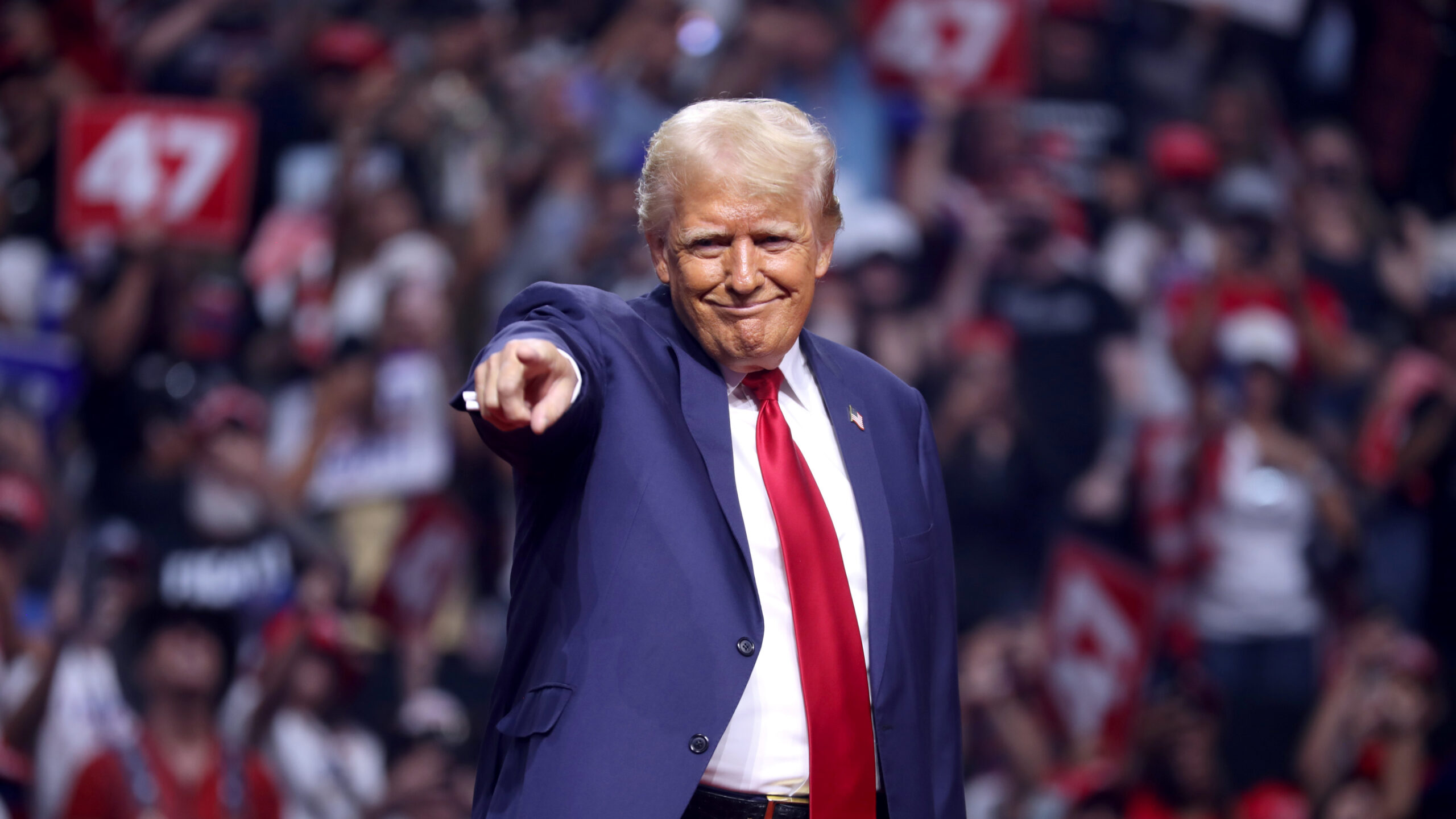Washington~ The Coalition for a Prosperous America (CPA) sent a letter to US Trade Representative Robert Lighthizer on Friday, urging him to reject calls to merely “tweak” or “modernize” the North American Free Trade Agreement (NAFTA). Instead, the letter states: “we support administration efforts to overhaul NAFTA or walk away.”
“Voters did not choose a presidential candidate to merely ‘tweak’ or ‘modernize’ NAFTA,” said Dan DiMicco, CPA Chairman. “They want a fundamentally new direction in trade deals. CPA’s letter outlines how a new NAFTA can make American strong rather than weak.”
CPA’s letter includes 12 specific recommendations with a focus upon trade imbalances and currency misalignment.
America’s consistently poor (NAFTA) trade performance is primarily with Mexico. The US-Mexico deficit is caused both by dollar overvaluation (20% dollar overvaluation in relation to the peso) and stubbornly low Mexican wage rates. These crucial issues cannot be buried among smaller, sectoral issues during negotiations if a rebalance of economic benefits is to be achieved.
“My company, Revere Copper Products, faces strong headwinds as the overvalued US dollar makes our products less competitive internationally,” said Brian O’Shaughnessy, CPA Vice Chairman. “President Trump can be the first president since Ronald Reagan to rebalance trade through a realigning the dollar’s value in relation to world currencies.”
CPA’s letter recommends that NAFTA include automatic mechanisms to meet targets including: minimizing bilateral imbalances, currency misalignment and manipulation, and remedying violations of monetary and non-monetary provisions. It further recommends that country of origin labeling be reinstated for beef and pork.
“NAFTA was a model for trade agreements that devalued American goods, services and labor,” said Michael Stumo, CEO of CPA. “Globalists told us that low tariffs and harmonizing regulations would make everybody rich. They were wrong. We now know that trade balances matter, that growing US supply chains matters, and wages matter. The Trump administration is facing headwinds from the DC swamp, but has a chance to get NAFTA right.”
The full text of the letter is below.
About CPA: The Coalition for a Prosperous America is the nation’s premier organization working on the intersection of trade, jobs, tax and economic growth. We represent the interests of 2.7 million households through our agricultural, manufacturing and labor members.
———-
September 8, 2017
The Honorable Robert Lighthizer
Office of the US Trade Representative
600 17th St NW
Washington, DC 20006
Re:NAFTA Renegotiations
Dear Ambassador Lighthizer:
The Coalition for a Prosperous America (CPA) commends you for your efforts to renegotiate the North American Free Trade Agreement (NAFTA) to achieve President Trump’s goal of reducing or eliminating our trade deficit. CPA represents 4.1 million households through our manufacturing, farmer and rancher, and labor associations and companies.
We stand with you and President Trump as you work to fundamentally change NAFTA. A new NAFTA should reduce the trade deficit, grow America’s industrial and agricultural base, create good paying jobs, improve wages, and protect sovereignty.
CPA urges you to reject calls to merely “tweak” or “modernize” the agreement. Instead, we support administration efforts to overhaul NAFTA or walk away.
As to the world, America’s poor trade performance is largely caused by currency misalignment, especially dollar overvaluation, which we estimate at 25.5% as of May 2017. Persistent trade surplus countries often use export-oriented growth strategies to overproduce, under-consume and excessively rely upon US consumers for growth. Additionally, the US is generally more open than our trade counterparties in terms of tariffs, quotas and investment.
As to NAFTA countries, America’s consistently poor trade performance is primarily with Mexico. The US-Mexico deficit is caused both by dollar overvaluation (20% dollar overvaluation in relation to the peso) and stubbornly low Mexican wage rates. These crucial issues cannot be buried among smaller, sectoral issues during negotiations if a rebalance of economic benefits is to be achieved.
NAFTA also too often internationalized rules that were previously governed by US domestic laws. The result of internationalization has been to drastically limit democratic accountability and to bypass the legislative process provided for in the US Constitution. To protect American sovereignty and the role of the US judicial system consideration should first be given to whether US law can achieve the goals you seek. Only if US law cannot achieve those goals should an international trade treaty such as NAFTA be utilized.
We propose these changes to NAFTA:
1.Reduce Bilateral Imbalances: The bilateral trade balance with both Mexico and Canada worsened during the NAFTA years. The US should seek balanced multilateral trade and prevent bilateral imbalances from becoming excessive. America’s bilateral goods deficit with Mexico, $63 billion in 2016, should be substantially reduced. Any new NAFTA should include automatic mechanisms to keep bilateral imbalances within tolerable ranges.
2.Effective Currency Manipulation and Misalignment Remedies: Currency manipulation standards should be included to prevent signatories from intervening in foreign exchange markets to push their currencies below trade-balancing equilibrium prices. The fundamental equilibrium exchange rate (FEER) method, using a zero balance standard rather than plus/minus 3% of GDP, should be used to quantify undervaluation. An automatic tariff remedy should apply to offset the undervaluation.
2.1.Market Access Charge in Implementing Legislation: Currency misalignment continues even in the absence of direct manipulation. Exchange rates have lost their connection with trade-balancing equilibrium prices. To remedy persistent dollar overvaluation, the US should include, in implementing legislation, a variable rate charge on incoming foreign capital purchasing dollar-denominated assets, such as a market access charge (MAC). The MAC would gradually push the dollar down to a trade-balancing equilibrium price over time, automatically moving the US towards multilaterally balanced trade. A dollar priced at equilibrium would mute many thorny trade issues such as bilateral deficits and wage differentials.
2.2.Countervailing Currency Intervention in Implementing Legislation: Implementing legislation should include a provision that the US government must utilize counter-intervention in foreign exchange markets to offset foreign government currency intervention.
3.Strengthen Rules of Origin – Rules of origin (ROO) should be substantially strengthened to grow, rather than shrink, US supply chains and to prevent third-party country free ridership. Auto and auto parts regional value content should rise substantially above 62.5%. “Deeming” should be abolished so auto parts actually meet the nominal content requirement. The melted and poured standard should apply to iron, steel, copper and aluminum. Tariff preference level exceptions should be eliminated to strengthen the yarn-forward rule. ROO loopholes that minimize domestic content through roll-up and other provisions should be close. Meat products should be labeled as to where they are born, raised and slaughtered.
4.Reinstate Country of Origin Labeling (COOL)– Mexico and Canada should agree to withdraw their WTO complaint and to forego any future action against COOL. Any future NAFTA implementing legislation should re-establish COOL for beef and pork in the US.
5.Eliminate Investor State Dispute Settlement: NAFTA should allow state-to-state dispute resolution. However, it should not give special preference to investor interests through the investor-state dispute settlement process (ISDS). ISDS, which is currently enabled through Chapter 11, Part B of NAFTA, should be eliminated. Domestic courts are sufficient for most disputes and have longstanding rules of evidence, procedure and rights of appeal. Domestic judges are subject to ethics and impartiality rules which do not exist for ISDS tribunals. Foreign investors, among the panoply of stakeholder interests, are not entitled to special treatment in the form of a direct right of action before special tribunals that are unaccountable to any government body.
6.Automaticity of Enforcement: Failure to enforce trade agreements undermines their effectiveness. Trade enforcement should be more automatic and certain. Automaticity is an automatic chain of events that ensues upon the finding of a trade infraction. Reluctance to initiate complaints for fear of foreign policy, economic or business reprisal is common. A new NAFTA should include automaticity in trade enforcement and remedy prescription as much as possible. Remedies should be prescribed to neutralize or punish violations that are economically calculable (ex. tariff, quota, or currency violations) and those that are difficult to calculate (ex. labor or environmental violations or failure to submit notifications).
7.Eliminate Domestic Procurement Chapter: All NAFTA signatories should retain their sovereign right to manage fiscal and economic policy by preferring domestic products and services in government procurement. Fiscal stimulus efforts lose effectiveness when government procurement demand leaks to non-domestic sources. The theory of reciprocity arising from liberalizing government procurement has failed and shows no signs of becoming reality. The US government provides far more access to foreign products than US companies gain elsewhere, in part because the US is the largest consumer in the world. The domestic procurement chapter should be eliminated from NAFTA.
8.Improve Wages and Labor Standards: NAFTA devalued US wages and failed to increase Mexican wage rates. Stubborn wage differentials are a substantial cause of the US bilateral deficit with Mexico and prevent benefits from accruing to any signatory. A new NAFTA should provide a wage floor – sufficient to achieve a decent standard of living – for workers making products exported to NAFTA countries. It should include enforceable labor provisions in the body of the agreement to ensure that low wages and lax labor standards and enforcement by contracting countries do not result in hidden subsidies to the detriment of US-based workers and producers.
9.Food, Product and Highway Safety Standards: Any new NAFTA must ensure full compliance with existing US food and product safety and quality standards and must not inhibit changes to or improvements in US standards. The standards must be effectively enforced at US ports with full inspection. Similarly, the United States must not trade away highway safety, and the cross-border services chapter should exclude long-haul trucking from national treatment and market access coverage.
10.Sunset NAFTA in 10 years: Trade negotiators agree to language based upon expectations and judgment in pursuit of national goals. However, goals may not be achieved or expectations may not be met. Just as business contracts do not last forever, neither should agreements between countries. Therefore, it is prudent to make such agreements time-limited to ensure that they continue to provide balanced benefits as circumstances change. If a balance does not materialize, the agreement should be renegotiated or discontinued. NAFTA should be sunsetted in 10 years, subject to renegotiation and renewal. Renewal must not occur if the balance of benefits cannot be restored.
11.Perishable and Cyclical Products’ Remedies: The WTO and past trade promotion authority statutes recognize that producers of perishable and seasonal agricultural products are particularly susceptible to trade surges arising from over-production, adverse weather or other causes. Short shelf life and/or short selling season characteristics result in producers being unable to store the products until prices rise. NAFTA should provide immediate and automatic relief based upon price and/or quantity measures which are necessary to prevent serious industry harm in these sectors. It should also allow signatory countries to manage supply to preserve industry health to the extent it does not create an undue trade advantage to the domestic industry.
12.Address Border Adjustable Taxes: Both Mexico and Canada have border adjustable consumption taxes (VAT and GST) that provides tax revenue allowing other domestic taxes to be lower. Mexican and Canadian companies can export more competitively with a lessened domestic tax burden and VAT/GST free. US companies pay the full US tax burden and the VAT/GST. A new NAFTA should effectively address this tax disparity.
Thank you for considering these proposals. We stand ready to work with you.
Sincerely,
Daniel DiMicco, Chairman (Chairman Emeritus, Nucor Corp.)
Brian O’Shaughnessy, Vice Chairman (Revere Copper Products, Inc.)
Michael Stumo, Chief Executive Officer












